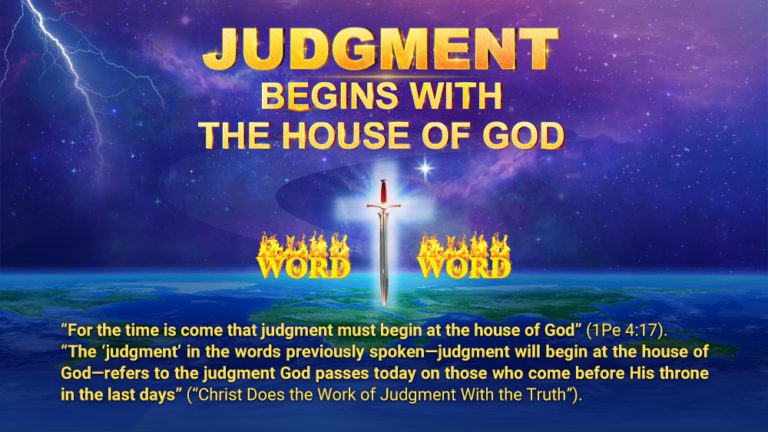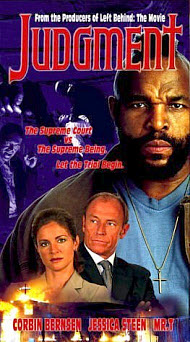

It often means thinking critically about complex problems and listening to others' opinions before making a decision. Use of these skills can include evaluation and prioritization of factors, making a weighed decision, arriving at a conclusion and forming subjective opinions.īeing able to exercise good judgment can help with meeting deadlines and effective planning for projects.

Judgment skills are the abilities and mental tools that enable you to make effective decisions in critical situations or dilemmas.
#JUDGMENT OR JUDGEMENT HOW TO#
In this article, we explain what judgment skills are with some examples, explore methods of skill development and application and discuss how to highlight these skills in your candidacy. If you want to be a leader in the workplace, learning more about how to develop your good judgment skills can help you advance.
#JUDGMENT OR JUDGEMENT PROFESSIONAL#
Judgment skills can help you make better professional decisions in many areas such as time management, leadership, productivity and quality. Many of the reasons for judgment on this website were converted to a text format so all formatting, other than basic layout, has been removed Typographical errors will be corrected as they are identified.The ability to make sound judgments is a skill many employers look for in job candidates. With the exception of a small number of oral judgments that have been circulated, this database does not include oral judgments. This website contains decisions of the Supreme Court of British Columbia since 1990. Judgments are generally available from this website 24 hours after they are released to the parties (or their counsel). In the event that there is a question about the content of a judgment, the original in the court file will prevail.Ĭopies of the original judgment can be obtained by contacting the court registry shown at the top of the judgment. The judgment in the registry file is the official version of the reasons for judgment. The original signed judgment, whether written or a transcribed oral judgment, is kept in a registry file. A copy of the approved transcript will be provided to the person who requested the transcript. The final version will be signed by the judge or master and placed in the court file. The transcript will be prepared by an authorized transcription company and submitted to the court for review by the judge or master who heard the matter.
#JUDGMENT OR JUDGEMENT FULL#
The request must state the action number, the full style of cause, the date of judgment and the name of the judge or master.

The request should be directed to the In-Court Technologies department at the relevant registry. A transcript may be ordered, for a fee, by submitting a written request to the registry from which the judgment was delivered. Oral reasons for judgment which may be given at the conclusion of the hearing or at a later date are recorded but are not automatically transcribed. Reserved judgments, once released are posted on this website and made available to legal publishers, unless subject to publication restrictions. When a judgment is reserved, it is usually written though it may be delivered orally. Most often, the judge or master will reserve judgment which means that the judge will take some time – days, weeks, or even months – to consider the matter before issuing the judgment. Reasons for judgment may be delivered immediately after the hearing ends, but this is not common. By contrast, an order is the formal expression of the ruling of the court.

Judgments, also called reasons for judgment or reasons, are the explanation that the court gives at the conclusion of a hearing, explaining why an order is being made.


 0 kommentar(er)
0 kommentar(er)
